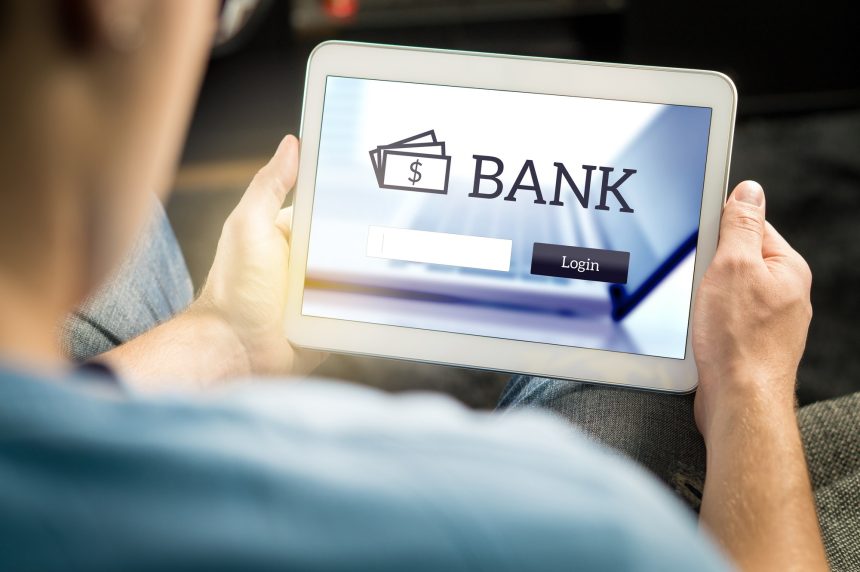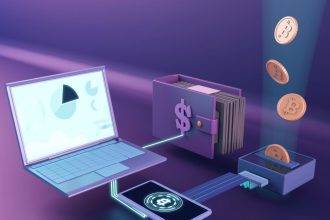You may be unsure about where to bank and what kind of bank account to establish if this is your first time opening an account or if you’ve just relocated to a new location and need a new bank. Some individuals choose to do all of their banking with a single institution, while others prefer to have separate accounts for their company and personal finances. There’s no need to have a pressing cause to investigate banks and the services they provide, but giving some thought to your specific requirements and preferences can help you make the best choice. Here is a simple guide on how to find and choose a bank account that is right for you.
Decide Which Account to Open
Bank accounts come in a few varieties, each with its own set of benefits and uses. It’s important to know what kind of account would work best for your requirements.
Checking Account
Most people probably imagine a checking account when they think of a bank account. It’s intended for routine banking tasks like making deposits and withdrawals and paying bills. It is also one of the best bank accounts for bad credit since having a poor score will not prevent you from opening one. You may typically avoid monthly checking account fees by meeting certain requirements. Your checking account funds are normally available for withdrawal at any time using any of the following methods: debit card, paper check, electronic transfer, or ATM cash withdrawal. Apps like PayPal and Zelle allow you to make electronic payments by linking to your bank account. You can make as many deposits and withdrawals as you’d like, but you won’t earn much, if any, interest on a checking account.
Savings Account
The primary function of a savings account is to hold money for later use. For short-term savings goals like an emergency fund, down payment, vacation, or anything else, a savings account is a great option since it is both secure (up to $250,000 per account owner is insured by the FDIC) and convenient. While you may earn interest on your money with a regular savings account, the returns are usually rather low. Monthly fees for savings accounts are often waived, although some do exist. The number of withdrawals and transfers you may make from your savings account every month may be capped at six by certain financial institutions.
Money Market Account
To put it simply, money market accounts combine the best features of both savings and checking accounts. They are similar to savings accounts in that they both have monthly withdrawal limits and interest rates that are greater than those offered by checking accounts. However, you may also use paper checks to access your funds.
Certificate of Deposit
When compared to even the highest yield savings or money market account, the interest rate offered by a certificate of deposit (CD) is often much greater. On the other side, you may have to commit your funds for a period of time, which may be anything from a few months to many years. Your rate of return increases with the duration of your investment. However, you may lose part or all of the interest you’ve accrued if you withdraw the funds before the account’s maturity date. Withdrawals from certain CDs are penalty-free, and you may be able to bump up your interest rate or deposit amount halfway through the term.
Understand the Fees
There may not even be any bank accounts that don’t charge any kind of monthly cost. Some fees, such as those for making a wire transfer, requesting a stop payment on a check, or using a debit card in a foreign country, may still apply even if you are exempt from the standard fees. However, certain financial institutions, including some conventional banks, no longer levy the typical fees that were formerly the norm. Pay close attention to the monthly service cost, overdraft fee, ATM fees, and excessive withdrawal fee when you examine your options.
Decide How You Want to Deal With Bank
Do you prefer speaking with a human being at a branch? What about the ease of banking over the phone or online instead? Unfortunately, not all banks provide modern conveniences like online banking or local branches. Check the bank’s account features and the features that are most essential to you to get the best account for your needs. If you prefer to do your financial transactions in person rather than over the phone or online, it is crucial to choose a bank that is convenient for you in terms of location.
Read the Fine Print
Make sure you read the bank’s pamphlets and the account agreement thoroughly so that you know exactly what to expect from your new bank and account. Some accounts restrict the total number of free checks you may write in a given statement cycle in addition to daily limitations on debit transaction amounts. It’s also possible that the bank has its own rules on how to put a hold on a check or when funds become available for withdrawal.
More so than with traditional banking, the fine print is important if your financial institution provides online access to your accounts. Online banking and bill payment, to name two examples, may incur fees. If you want to create a bank account but have concerns about a policy, you should ask them.
Consider Customer Service
People often overlook the importance of having reliable customer service. Your preferred method of contacting bank support staff should be available to you. Getting assistance should be simple, and support should be available when you need it, whether that’s in person, over the phone, or via social media. Some financial institutions provide customer service through phone or online/mobile apps around the clock, while others limit their availability to regular business hours. It’s crucial to be able to contact customer service quickly and easily if you ever run into a problem with your account, such as a questionable charge or an overdraft fee you’d want to challenge.
Finding a bank account that fits your beliefs, financial objectives, and other demands may take some time and effort, but once you’ve done so, you’ll be able to manage your finances with ease. No matter what you decide, it’s important to give serious thought to your alternatives and choose the one that works best for you.














